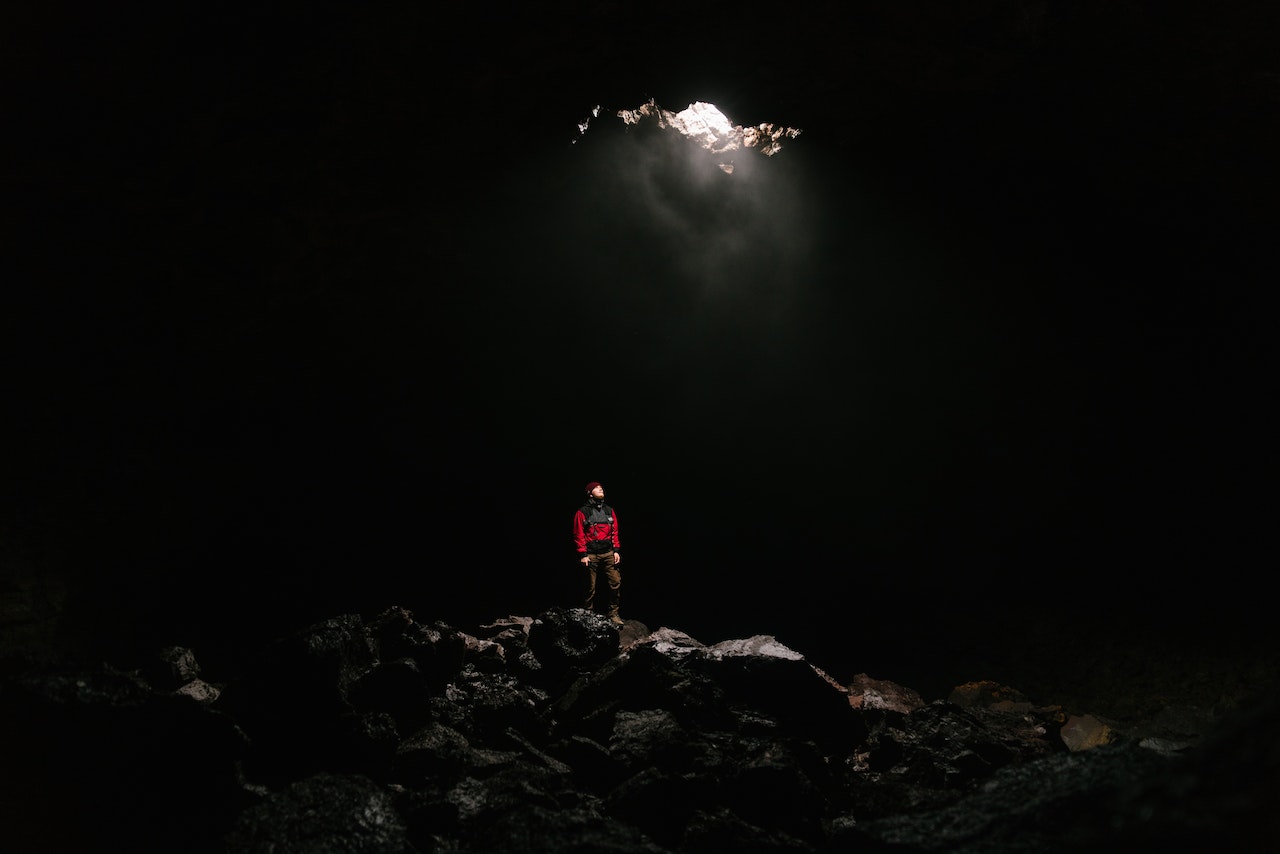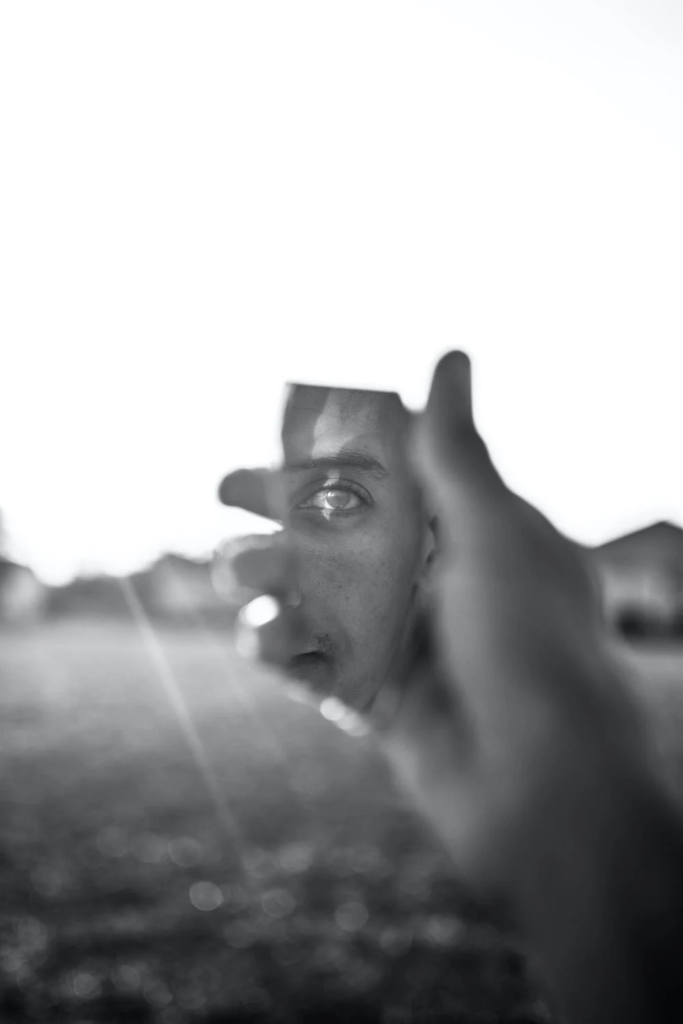ChatGPT is the modern Allegory Of Plato’s Cave.
Perhaps the most famous idea in all of Plato’s work is the Allegory of the Cave. This much-discussed (and much-misunderstood) story is a key part of Plato’s Republic, a work which has the claim to be the first ever literary utopia. In The Republic, Plato and a number of other philosophers discuss the ideal society, focusing on education, political leadership, and the role and responsibility of the individual within society.
Plato’s Cave appears in Book VII of Plato’s The Republic and describes a group of prisoners who have been chained up in a cave for their entire lives. They are facing a wall and can only see shadows cast by objects passing in front of a fire behind them. They believe these shadows to be reality, unaware of the true nature of the world outside the cave. The allegory has been interpreted in many ways over the years, but it is generally seen as a metaphor for the human condition and the quest for knowledge.
One of the main themes of the allegory is the idea that our perceptions of reality can be misleading. The prisoners in the cave see only shadows and believe them to be real, but they are actually just a representation of something else. This is similar to the way we perceive the world around us. We see things through our senses, but our senses are not perfect. They can be deceived by illusions, and we can be misled by our own biases and beliefs.
Another theme of the allegory is the idea that knowledge is the key to liberation. The prisoners in the cave are trapped because they do not know anything different from the world they have always known. They are unaware of the true nature of reality, and so they cannot escape their chains. However, if they were to gain knowledge of the world outside the cave, they would be able to break free and experience a new reality. This idea is central to Plato’s philosophy, which emphasizes the importance of seeking knowledge in order to achieve wisdom.
The allegory also touches on the concept of enlightenment. The prisoners in the cave are described as being in a state of ignorance, but they have the potential to be enlightened if they gain knowledge of the world outside. This idea is similar to the Buddhist concept of enlightenment, which involves gaining a deep understanding of the nature of reality and achieving a state of inner peace and wisdom.
In addition to these themes, the allegory of the cave has been interpreted in many other ways over the years. Some scholars have seen it as a critique of the education system, arguing that it emphasizes rote memorization rather than true understanding. Others have seen it as a commentary on the role of the philosopher in society, suggesting that philosophers have a duty to seek out knowledge and share it with others.
Regardless of how one interprets the allegory, it is clear that it has had a profound impact on the history of philosophy. It has been referenced and analyzed by countless philosophers over the years, and its themes continue to resonate with people today. The idea that our perceptions of reality can be misleading and that knowledge is the key to liberation are still relevant in today’s world, where we are bombarded with information from a variety of sources and must constantly evaluate what is true and what is not.
Today, deep inside of ChatGPT and all LLM AIs is a Platonic Cave Wall. These models are built from the compendium of the corpus of human knowledge, and it is being reflected back to us as shadows on the cave wall, or the output of our prompts.
See, most folks don’t realize how we got to this point. LLM AI is built on human languages, human languages are the invention of the human mind, When we “speak” to LLM AI we are speaking to a very low resolution and pixelated portrayal of the human brain that invented language.
Thus, in the dark unknown hidden layers of LLM neurons we have a cave and a torch playing out human thoughts captured mathematically into a statically algorithmic shadows that you and I see as outposts.
In all of this, take a pause and know in some ways in these shadows we are seeing versions of ourselves in lower resolution and in lower dimensions.
One reason a PromptEngineer.Expert is equal parts scientist and artist is we are interrogating and interacting with a human model of what invented language. Yes I know math is behind it and I write the python and other code to make some of it work. But this is like saying “I know the chemistry of the brain, therefore I know consciousness”.
You and I are pioneers exploring Plato’s cave. No one, or very few have walked this path. In this adventure of a lifetime prompting AI we will at some point cast out the darkness and see what it has always been, we will have seen a mirror in AI, and it is reflecting, ourselves—humanity.
🔐 Start: Exclusive Member-Only Content.
Membership status:
🔐 End: Exclusive Member-Only Content.
(cover image (c) ArtHouse Studio, in the public domain, https://www.pexels.com/photo/person-in-cave-4581257/)
~—~
~—~
~—~
Subscribe ($99) or donate by Bitcoin.
Copy address: bc1q9dsdl4auaj80sduaex3vha880cxjzgavwut5l2
Send your receipt to Love@ReadMultiplex.com to confirm subscription.


IMPORTANT: Any reproduction, copying, or redistribution, in whole or in part, is prohibited without written permission from the publisher. Information contained herein is obtained from sources believed to be reliable, but its accuracy cannot be guaranteed. We are not financial advisors, nor do we give personalized financial advice. The opinions expressed herein are those of the publisher and are subject to change without notice. It may become outdated, and there is no obligation to update any such information. Recommendations should be made only after consulting with your advisor and only after reviewing the prospectus or financial statements of any company in question. You shouldn’t make any decision based solely on what you read here. Postings here are intended for informational purposes only. The information provided here is not intended to be a substitute for professional medical advice, diagnosis, or treatment. Always seek the advice of your physician or other qualified healthcare provider with any questions you may have regarding a medical condition. Information here does not endorse any specific tests, products, procedures, opinions, or other information that may be mentioned on this site. Reliance on any information provided, employees, others appearing on this site at the invitation of this site, or other visitors to this site is solely at your own risk.
Copyright Notice:
All content on this website, including text, images, graphics, and other media, is the property of Read Multiplex or its respective owners and is protected by international copyright laws. We make every effort to ensure that all content used on this website is either original or used with proper permission and attribution when available.
However, if you believe that any content on this website infringes upon your copyright, please contact us immediately using our 'Reach Out' link in the menu. We will promptly remove any infringing material upon verification of your claim. Please note that we are not responsible for any copyright infringement that may occur as a result of user-generated content or third-party links on this website. Thank you for respecting our intellectual property rights.





Yes Brian – I agree. If I understand your point – very original and interesting.
It sort of takes AI down a peg in that the depth of the data is only an accumulation of shadows – I guess keeping the analogy that our brain gets more of the object than a shadow (yet still not the full object) and so our (human) ideas can be “different” (better worse, more profound, more original ?? ) than AI as it currently is (well the versions we/I have access to). However, AI has access to billions of shadows. Not sure how that compares to my earlier point.
Which, as a detour, is why I feel visual AI is huge. Or Musky’s “vision”.
I would be arguing more against Socrates or some Greek to wonder more about his point – reasoning, ideas etc. in that the light in his original version would need discussing (or I would have to understand his analogy better…?). We only have a voice-torch/light.
Excellent post!
Until recently, I never gave much thought to Plato’s Cave. But the few times I do watch network television/media – I start to think it’s become the modern version of Plato’s Cave.
Interesting thought raised by Dr. Diana Walsh Pasulka recently – do you ever stop to think about the people who sequestered those poor souls in the cave?